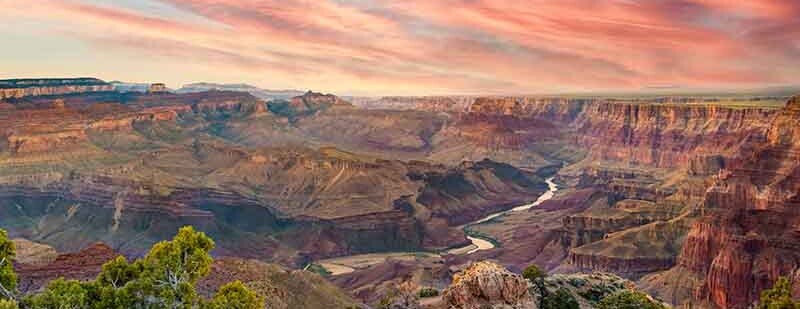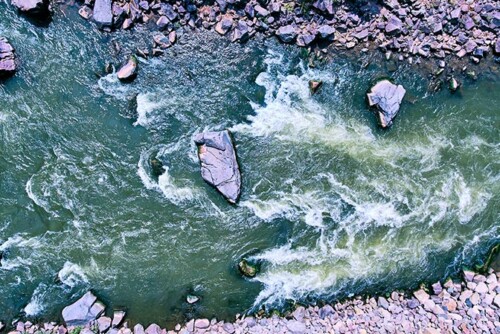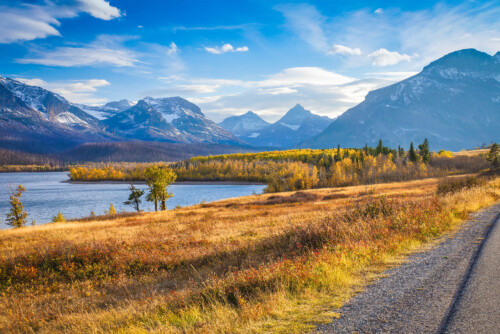Annual Report 2020
Nearly every part of the Colorado River Basin experienced extreme or exceptional drought in 2020, and inflow to Lake Powell, which is a good indicator of water elevations in Lake Mead, was just 30% of average.
The 2007 Interim Guidelines provide a framework for the order and amounts in which states who use Colorado River water will need to cut back on their typical use in times of scarcity, otherwise called “Tiered Shortages.” In 2019, all of the Basin states realized even the 2007 Guidelines would not be sufficient to stave off severe water use cuts; some agreed to proactively reduce their water use. Despite proactive water conservation measure by both the Upper and Lower Basin states, in August 2021, the U.S. Bureau of Reclamation announced a first-ever Tier 1 water shortage for the Lower Colorado River for 2022, and there could be a Tier 2 shortage declared by 2023.
The upcoming Colorado River Interim Guideline re-negotiations provide a rare opportunity to rewrite the rules and protect people and rivers in the process.
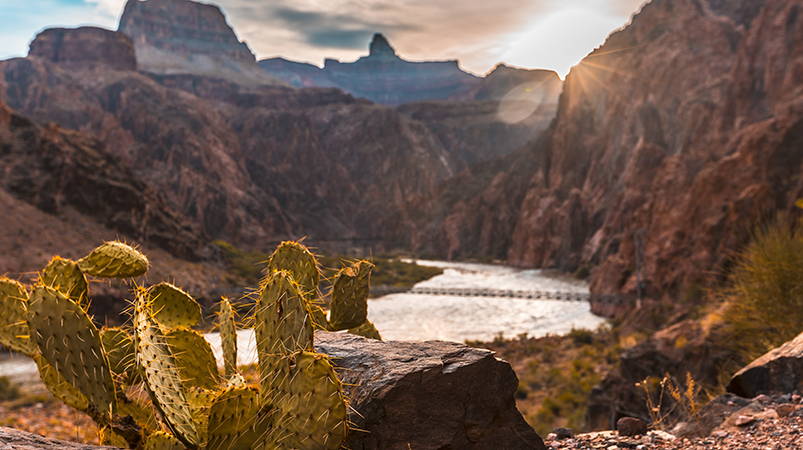
Preparing Arizona for the Upcoming Colorado River Interim Guidelines
WRA is spearheading efforts to inform Arizona’s approach to the upcoming renegotiation of the Colorado River Interim Guidelines. Arizona is in the Lower Basin and the first state to face water shortages. WRA led the effort to develop a strategy for Arizona conservation organizations to assess flexible approaches to water use that would boost Lake Mead elevations and engage in post-2026 operating guidelines. Along with our partners, we evaluated the risks to the Lower Basin as demand continues to outpace supply on the Colorado River. We developed a robust, comprehensive set of goals and principles that can be integrated into the next Arizona Implementation Plan and multistate agreements that will result from the renegotiated Guidelines.
Prioritizing Water Conservation in Land-Use Planning for Municipalities Across Colorado
WRA worked with municipalities across Colorado, including Golden, Summit County, Centennial, Frederick, and Severance to incorporate cutting-edge water conservation and efficiency programs as they plan for additional growth and development. Because those communities are some of the fastest growing communities in the nation, this work is vital to keep water flowing through rivers and streams in Colorado, now and for future generations. Policies and programs such as graywater ordinances, outdoor water-efficiency programs, and landscape regulations help communities conserve significant quantities of water even as they continue to grow.
2020 Ballot Measure Offers Hope for Better Water Management on Colorado’s Western Slope
The passage of a 2020 ballot measure will ensure that Colorado’s Western Slope communities have nearly $5 million more each year to safeguard water for drinking, farming and ranching, recreation, and wildlife. Residents of 15 counties inside the Colorado River Water Conservation District came together to support 7A, a ballot measure to increase funding to secure water on the Colorado Western Slope. The overwhelming support for 7A demonstrates that people understand the importance of forward-thinking actions to ensure secure and stable water supplies for generations to come. There is more work to do, but success of the 2020 ballot measure demonstrates that when WRA, our partners, and our supporters work together, we can find sustainable solutions for the challenges we face.
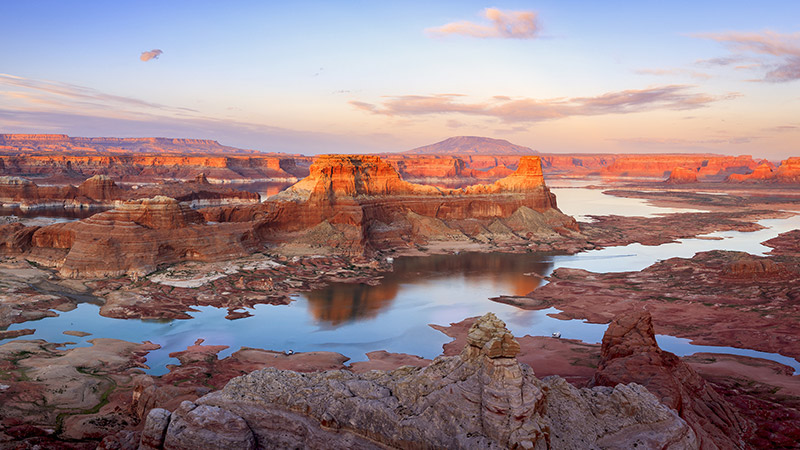
Helping Farmers Become More Drought Resilient
In Arizona, WRA worked with farmers, ranchers, tribes, and irrigation districts to increase access to important aid and funding to implement water-efficient practices across the state. WRA connected agricultural producers with the 2018 U.S. Farm Bill’s new funding and programs aimed at helping Western farmers conserve water while keeping more water in rivers. Our outreach focused on applicants with the largest potential water savings and resulted in assistance to Arizona producers applying for money for infrastructure improvements to reuse stranded water, transition to shoulder- season production, and shift to lower water-use crops.
Setting the Standard for Water Reuse
WRA has been a leader throughout a highly collaborative multiyear effort to make advanced purified water a reality for Colorado. This comes at a time when stretching our existing water supplies is more critical than ever before. We are now at the final stage before rulemaking in the Colorado Department of Public Health and Environment’s (CDPHE) stakeholder process to implement this sustainable water source. WRA’s effort has been critical to making that happen and to securing state and other funding for that work, including enabling the CDPHE to hire the professional facilitator needed for the stakeholder process.
Dealing a Major Blow to the Ill-Advised Lake Powell Pipeline
When the proposal for the unnecessary and expensive Lake Powell Pipeline was fast tracked for approval in early 2020, WRA reached out to inform federal decision-makers about the legal challenges of moving water between the Upper and Lower Colorado River basins, the negative impacts on the natural environment, and the financial risk of this multi-billion-dollar proposal. With the help of donors and supporters, we were successful in delaying the release of a final Environmental Impact Statement from the Bureau of Reclamation until it considers a local conservation alternative in its analysis. WRA is actively working toward solutions such as conservation and local-water-supply use to avoid the proposed 140-mile-long pipeline that would pump thousands of acre-feet of Colorado River water each year to Utah’s Washington County.
